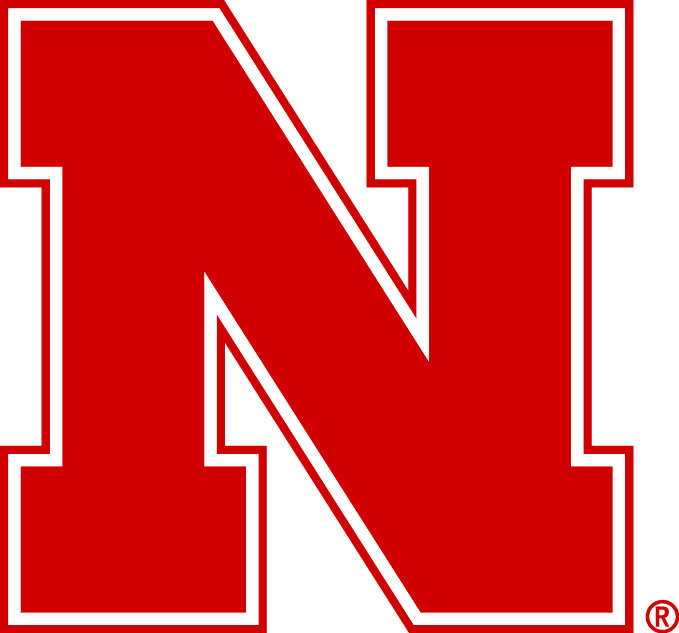April is the perfect time to visit southern Arizona and the giant cactuses in Saguaro National Park. But I didn’t make my plans to attend the inaugural US Indigenous Data Sovereignty & Governance Summit in Tucson in time, and instead attended virtually on April 11 and 12. Nevertheless, the conference was excellent, and it made me forget my sorrow about missing the desert in spring bloom.
The NSF and NIH-funded Summit was hosted by the Pascua Yaqui Tribe and co-sponsored by several Native, First Nations, and Indigenous centers and public policy institutes. Two days of sessions, with speakers from a range of agencies and universities, most of them affiliated with an Indigenous tribe, nation, or community, gave insight into the benefits and challenges of data-centric research, data stewardship, and data self-determination. The proceedings also included cultural elements, including welcomes, blessings, and land acknowledgements. Cultural elements are, of course, present at every conference, we just don’t usually call them out as such.
Indigenous data governance is a growing area of research and policy development that articulates the rights and needs of Indigenous people to generate and to control data about matters of concern in their communities. In my work as a research data librarian, the FAIR principles for data sharing guide the development of infrastructure, policy, and practices to help researchers make their data Findable, Accessible, Interoperable, and Reusable. The FAIR principles should always come with the CARE principles for Indigenous data to remind us that data infrastructure and policy is not one size fits all. CARE stands for Collective Benefit, Authority to Control, Responsibility, and Ethics, and apply to data not just about Indigenous people, but about data and knowledge needed for self-determination. The principles are derived from and expanded from OCAP, an acronym for Ownership, Control, Access, and Possession.
In supporting open data and open science, I like the maxim as open as possible, as closed as necessary. This reminds us that while openness (as embedded in the FAIR principles) is valuable, insisting on openness as the mark of good science trivializes human subjects protections and embeds the idea that researchers, not participants and communities, own the data. Keynote speaker Dr. Karina L. Walters (Choctaw Nation of Oklahoma) likened this to ownership of the land. As she put it, her people say “I am the land; the land is me.” And so: “I am the data; the data is me.”
Though the Summit was organized by the US Indigenous Data Sovereignty Network, it was international in both speakers and participants, and shared perspectives on data and knowledge production from many different communities. Co-organizers Stephanie Carroll and Desi Rodriguez-Lonebear are co-editors, with closing keynote speaker Maggie Walter, of the open access volume Indigenous Data Sovereignty and Policy published by Routledge. The chapters together have broad though not complete global coverage, with several chapters of direct relevance to the North American context in which we are embedded at UNL.
